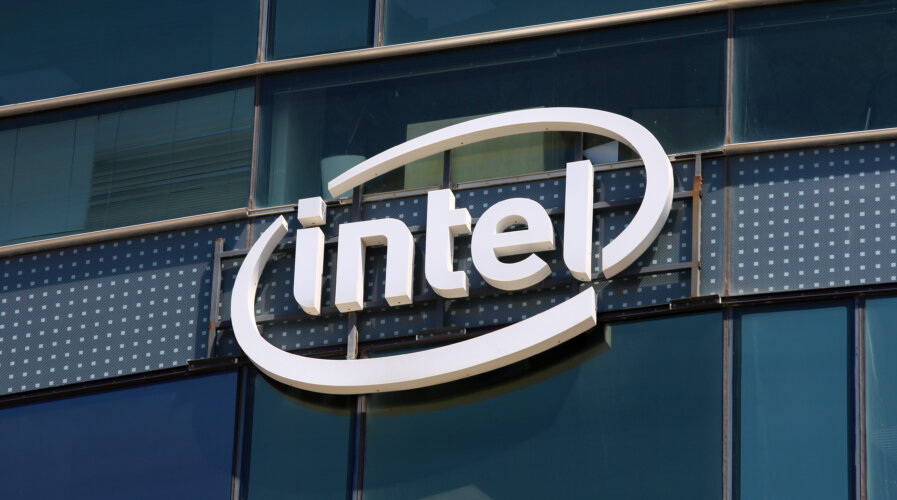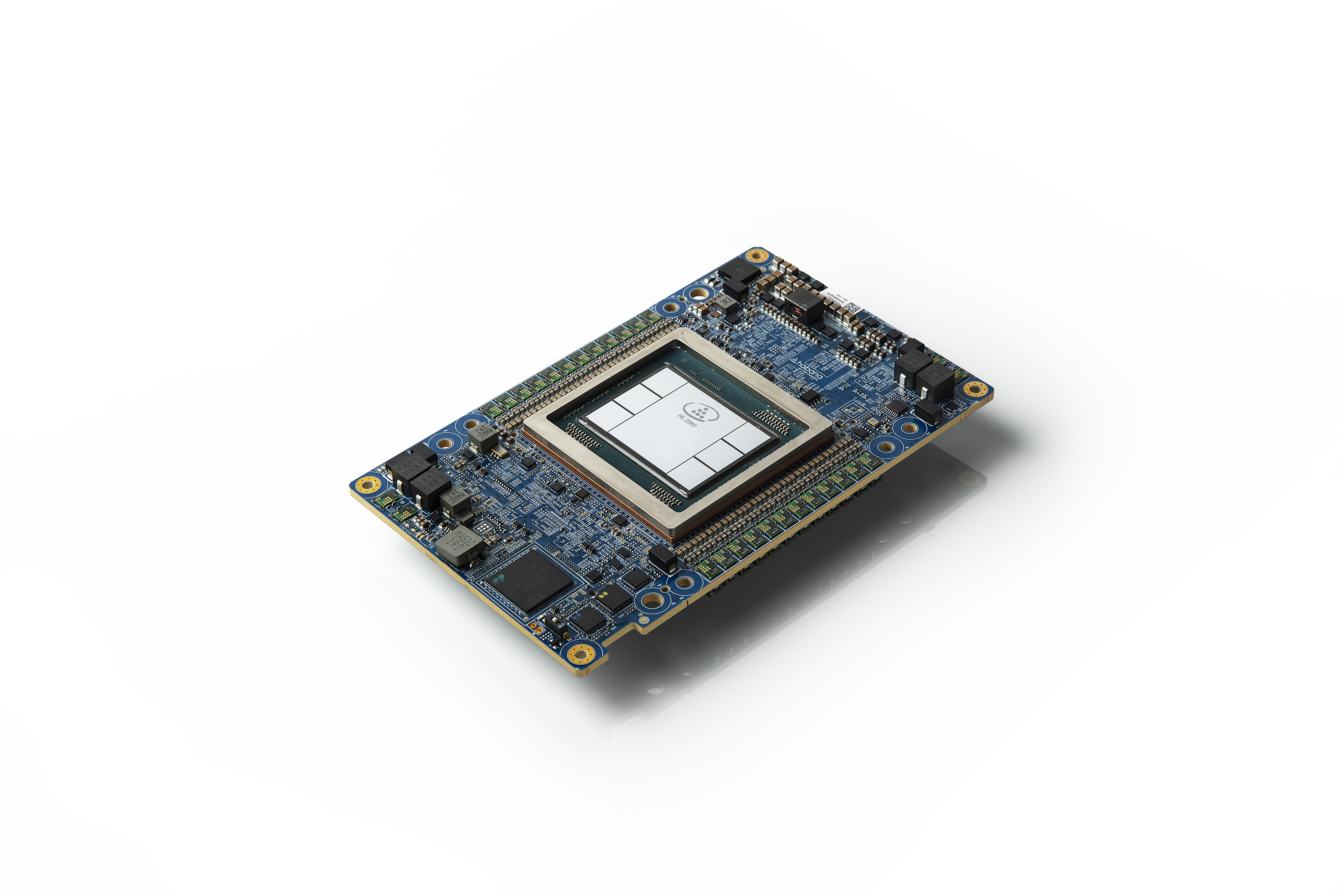
Intel has a strong presence in Malaysia, investing over US$5 billion since 1972 and employing over 15,000 people.Source: Shutterstock
Intel joins Nvidia in tackling the US ban with an AI chip for China
- Intel is producing a modified version of its AI chip– the Habana division’s Guadi 2 – for the Chinese market.
- The revised version of Guadi 2 is not subject to US restrictions and is the company’s answer to Nvidia’s A100 GPU, used for training AI systems.
In March this year, Nvidia, the US semiconductor designer that dominates the market for artificial intelligence (AI) chips, modified its flagship product into a legal version to export to China, where new AI development projects have been flourishing to compete with OpenAI’s ChatGPT. Intel is following Nvidia’s lead by producing a modified version of its AI accelerator – the Habana division’s Guadi 2 chip – for the Chinese market.
In August last year, the US Department of Commerce banned Nvidia from selling its two most advanced chips, the A100 and newer H100, to Chinese customers, citing national security concerns. Such chips are crucial to developing generative AI technologies like OpenAI’s ChatGPT and similar products.
The ban, more commonly referred to as export control, was effective by October 2022, and by November, Nvidia had designed a chip called the A800 that reduced some capabilities of the A100. The move is to make A800 legal for export to China. By March this year, Nvidia said it had similarly developed a China-export version of its H100 chip.
According to Nvidia, the new chip, the H800, is being used by the cloud computing units of Chinese technology firms such as Alibaba Group Holding, Baidu, and Tencent Holdings. At present, Nvidia’s H100, A100, and A800 GPUs, as well as AMD’s MI250 and MI250X series, are considered the mainstream products used in AI-related computing applications, according to a recent report by market research firm TrendForce.
It said Nvidia now has an 80% market share in server GPUs worldwide. However, according to industry insiders, despite the existence of the A800 and H800 chips, there is a thriving underground market for smuggled GPUs, such as the A100 and H100. After all, it is commonly understood that significant tech companies in China have remained focused on getting Nvidia products, and it underscores how the country lacks alternative solid suppliers that can deliver products to rival those from Nvidia.
Intel rivals Nvidia with its own made-for-China AI chip

Habana Gaudi2 Mezzanine Card A photo shows the Habana Gaudi2 Mezzanine Card. Source: Intel
Nvidia’s move to redesign its AI chips, circumventing the US export controls, is cleverly done. Not long after the A800 and H800 were made for China, semiconductor giant Intel Corp decided to replicate the move and introduce its latest chip for AI deep-learning applications to the mainland. Intel’s move is timely, considering the massive demand for US-restricted advanced chips in China, creating a major under-the-counter trade for smuggled Nvidia GPUs.
A South China Morning Post report indicated that during a press conference in Beijing on July 11, Intel executives presented the company’s Gaudi2 processor. This AI chip is not subject to US export restrictions. For Intel, the move is beneficial as the company generates 27% of its total 2022 revenue in China, according to its latest annual report. And that underscores the continued importance of the vast mainland market to US semiconductor technology providers, despite Washington’s export controls.
For Intel, the demand in China strengthens its commitment to provide clients “with a wide range of hardware selections,” company executive vice-president Sandra Rivera, who also serves as general manager of the firm’s data center and AI group, said at the press conference in Beijing.
She said the AI chip, Gaudi2, was designed to lower the barrier to entry and enhance its mainland clients’ ability “to deploy AI through cloud and smart-edge technologies, helping build up China’s AI future.” Intel disclosed it is working with Inspur Group – the world’s second-largest AI server manufacturer, based in eastern Shandong province – to build new Gaudi2-powered machines for the mainland market.
The US is watching
Before Intel’s announcement, the US government was also considering an escalated move to include Nvidia’s remodeled A800 GPU in its export ban, according to a report by The Wall Street Journal last month. The move, should it take place, is an expansion to the October curbs, to include those lower-powered semiconductors. Ultimately, its ulterior motive for Washington is to ramp up efforts to cut China off from critical technologies, especially those that can support its military.
While no concrete action or announcements have been made by the Biden Administration yet, Intel’s Gaudi2 in China may well trigger the US to move quicker with its restrictions if that has been their plan.
READ MORE
- Safer Automation: How Sophic and Firmus Succeeded in Malaysia with MDEC’s Support
- Privilege granted, not gained: Intelligent authorization for enhanced infrastructure productivity
- Low-Code produces the Proof-of-Possibilities
- New Wearables Enable Staff to Work Faster and Safer
- Experts weigh in on Oracle’s departure from adland


